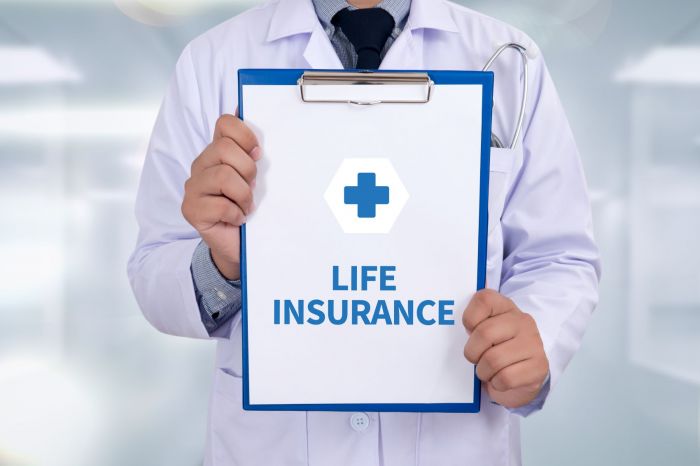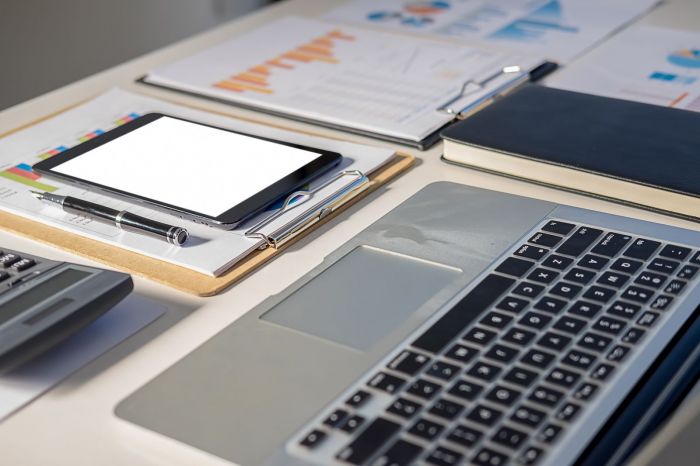Debt recovery looks a little different for everyone, but there is one constant in that borrowing more money to pay off what you owe isn't a good idea. For minor debts, getting a loan may be beneficial because you can pay off everything in a few months. But for someone who is facing mounting credit card bills, loan payments and other expenses, taking on another financial burden isn't the way to go.
Most people don't expect their credit cards to become such a problem. Unfortunately, credit cards are meant to keep you paying with high interest rates and fees. That's the bread and butter for lenders where they're depending on your spending to stay in business.
This isn't to say there aren't reputable lenders who do a lot of good. Plenty of people get loans to start a business, buy a house or car and go to college. But when it comes to personal debts that only seem to get bigger, the best solutions are built with freedom in mind. Here are five tips toward creating your own debt-relief strategy.
Sell Your Life Insurance
There are ways to cut back on monthly payments with insurance, but you may be able to sell some policies outright. Life insurance settlements allow you to sell your policy for a one-time payment that you can use to put toward paying down your debts. Maybe you're wondering how much is my life insurance policy worth? Get the answers you need with a guide that covers everything you need to know about calculating the worth of your policy.
Work With a Debt Relief Company
Companies designed to help people get out of debt have the industry knowledge and experience consumers don't. They know how to negotiate with lenders to achieve feasible settlements and even have certain fees waived. Agencies do tend to charge a fee, but you generally do not have to pay upfront. You should expect to settle a large balance for a portion of what you owe and then pay a percentage of that to the company for their services.
Pay More Than the Minimum Amount
Only meeting your minimum payments will cause you to pay more in interest over time. Increasing your payments by 25 to 50% will save you hundreds of dollars and help you get out of debt faster. "But what if I'm barely meeting my minimums" you may be asking. There are a few options.
- Snowball your smallest debts to free up room in your budget
- Negotiate your current payment with lenders
- Cut corners to dedicate more income toward larger payments
Get a Part-time Job
Working more doesn't sound appealing to anyone, but it may be necessary to help you recover faster. Even 10 to 20 hours per month at a part-time job could give you several hundred dollars to put toward your balance. There are also online gigs, like freelance writing and graphic design, that can put more money in your pocket.
Avoid Additional Spending
If you pay off a card, don't dive into spending again right away. Too many consumers think that once they hit a recovery milestone, it's okay to start buying again. This mistake only perpetuates the spiral of debt that's so hard to get out of. You may have to lay off spending on the extras in life such as must have beauty essentials and the latest fashion trends. Once your highest-interest cards are paid off, consider closing them altogether to avoid temptation.















